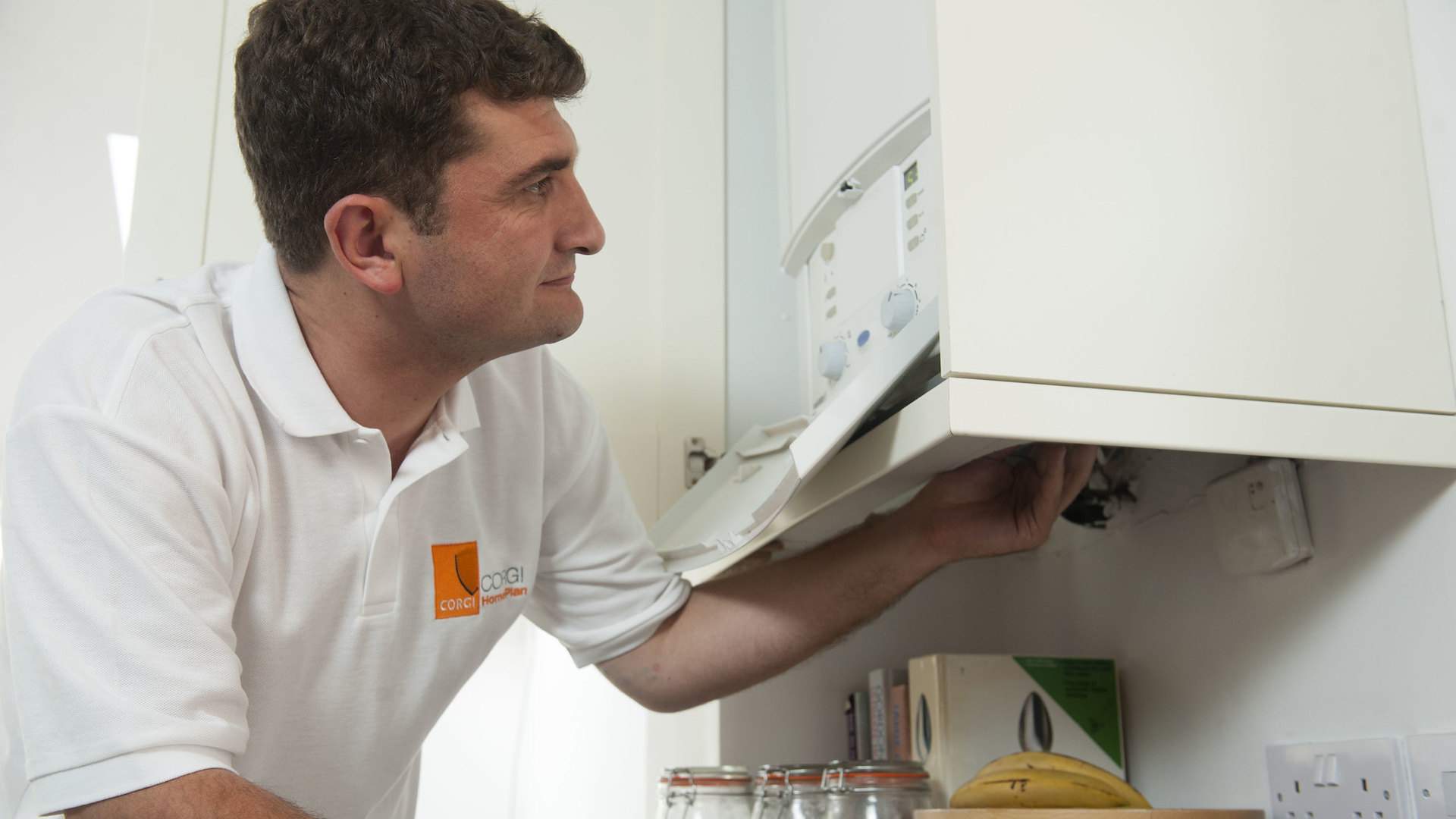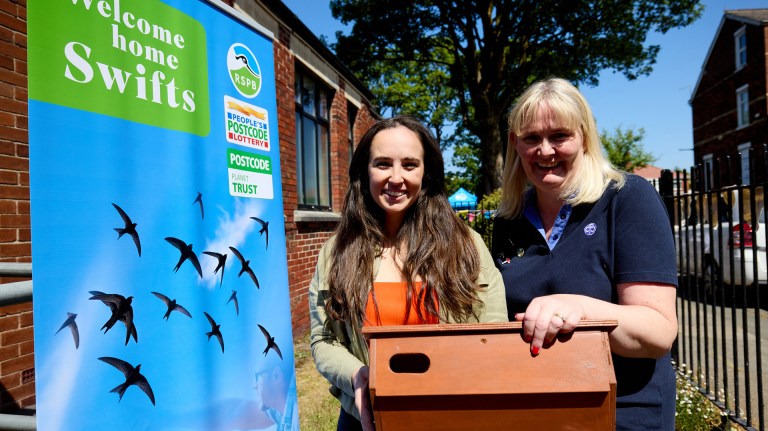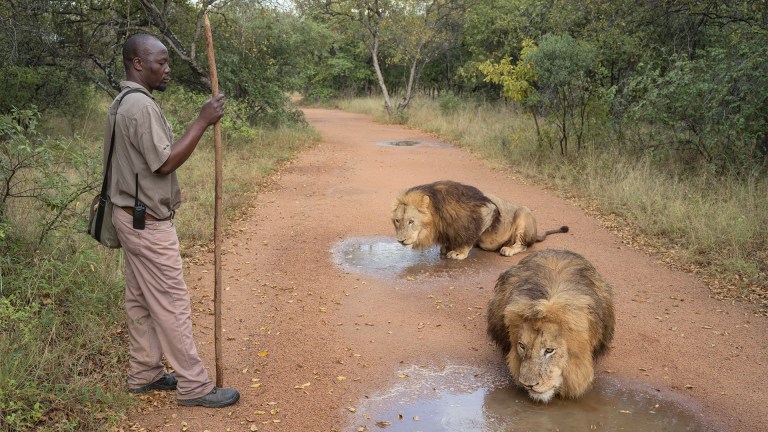Nearly 70 per cent of people backed efforts to reach net-zero greenhouse gas emissions by 2045, according to the YouGov survey of 1,000 Scottish adults. Holyrood’s target is set five years ahead of the 2050 target set by the Westminster government, and the Scottish Government runs a series of schemes helping those at particular risk of falling into fuel poverty to make their homes more energy efficient.
But more than two thirds have no energy efficiency measures or renewable tech installed in their homes, with 90 per cent unaware most households and businesses would need to replace their gas heating systems with planet-friendly alternatives such as heat pumps.
Respondents were most concerned about high up-front costs for installing low carbon heating systems as well as increased energy bills.
“Most people did not realise use of natural gas would have to be phased out or reduced massively, and would not pick low carbon heating systems as a measure they should take to reduce their carbon footprint,” Morrison said.
“This really matters because changing to low carbon heating will be essential if Scotland is to meet our emissions targets.”
Concerns over the personal costs of net-zero are “totally understandable”, she added, but “the reality is that not acting in time will result in consumers having to pay even more in the future.”
Non-repayable grants were hailed as the most likely measure to encourage households to retrofit their homes with energy efficient heating and technology.
The respondents also backed council tax rebates as a way of helping families switch over their heating systems affordably.
“While governments need to drive this change, it won’t happen without consumers understanding their role, and the impact it will have upon their lives,” Morrison said.
Nearly a fifth of respondents said tackling the climate crisis had become a higher priority for them since the pandemic, while 41 per cent wanted the Scottish government to do more to reduce the impacts of climate change.
“Most people know that carbon emissions are heating the planet and causing more extreme weather around the world,” Mike Childs, head of science, policy and research at Friends of the Earth, told The Big Issue. “But very few have fully grasped what part their own homes and lifestyles must play in slashing this kind of pollution. That’s because the UK and devolved governments haven’t yet properly engaged the public on this issue.
“Solving the climate crisis will take more than technological solutions alone. Public support for protecting the planet shouldn’t be underestimated by government, nor the empathy felt for those suffering through extreme heat, flash flooding and raging storms all over the world.
“It’s only right that people everywhere are involved in deciding how we fix the climate crisis.”










